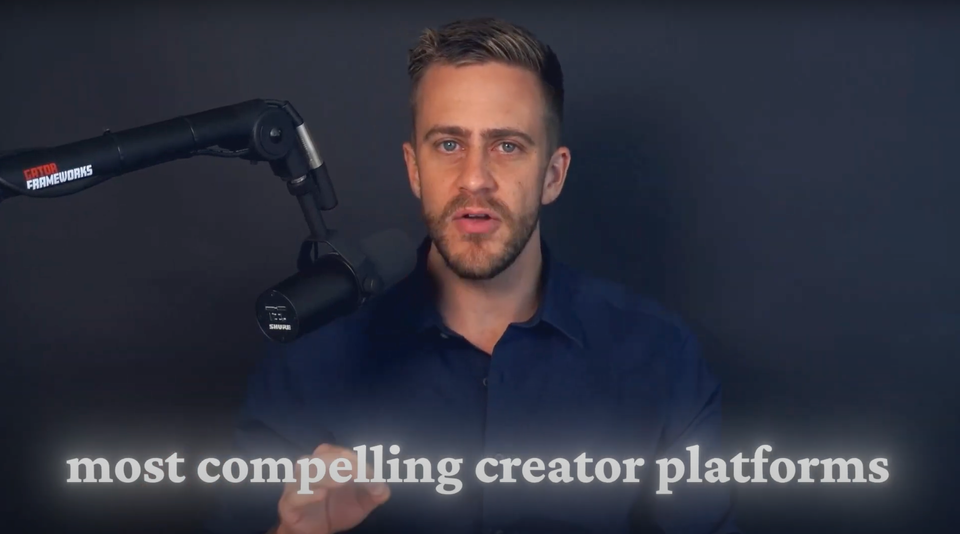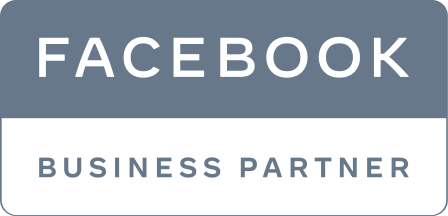Managing partner & Co-Founder at Exactius. Formerly CRO at ideeli and Fiverr. In the last 11 years, twice scaled companies to hundreds of millions via growth marketing.
From 8 to 9 Figures - Outsourcing vs. In-House

As companies scale from $10-20 million towards the $100-200 million mark, they face crucial decisions about how to structure their growth and BI teams.
At some point, you’ll have to make a key decision: Do you build in-house capabilities or outsource growth functions externally?
Here are my thoughts:
Building In-House: Risks and Rewards
When you start your growth journey, you can often rely on internal champions who know your product and messaging intimately. This approach can quickly test the waters of paid channels and performance marketing to see if there are early wins.
However, as you scale, new challenges will quickly emerge:
- Infrastructure Needs: As you commit more resources to growth, robust BI infrastructure becomes crucial. Your existing BI team will likely be stretched thin, forcing you to consider alternatives.
- Expertise Gaps: Building a comprehensive in-house team requires hiring experts across various channels and ensuring you have the technical resources to execute their campaigns.
- Time Investment: Bringing in the right people and developing their skills takes time – a precious commodity in fast-growing companies.
The Agency Landscape: Finding the Right Fit
If you make the decision to bring in an agency to tackle the above challenges, it's essential to understand their capabilities and how they align with your needs. I typically categorize agencies into four buckets:
- Execution Focus: Do you simply need "doers" to execute your own growth strategy, or do you need partners to define the strategy as well?
- Channel and Creative Expertise: Are you looking for specialists in specific channels, or do you need a combination of channel expertise and creative capabilities?
- Technical Prowess: What level of technical support do you need for tracking, server-side events, and front-end implementation?
- Comprehensive Services: Can they assist with additional areas like funnel optimization, CRM, and email marketing?
Consultancies vs. Agencies: Thinkers and Doers
It's worth noting the distinction between consultancies and agencies. Consultancies typically excel at strategic thinking and framing solutions for your specific business needs. Agencies, on the other hand, often prioritize execution and maintaining high velocity in their work. Keep this distinction in mind when looking for an external partner.
Aligning Incentives and Maintaining Transparency
Regardless of what kind of external partner you choose, clear goal-setting and open communication are paramount. Don't shy away from direct conversations about objectives and aligned compensation structures.
Some founders and CEOs may worry that relying heavily on external partners will devalue their company in the eyes of potential acquirers. However, if you maintain a strong operating system and ensure transparency in your partnerships, outsourcing specific functions shouldn't be a concern. The key is to own your data, playbooks, and growth strategies, even if execution is handled externally.
Cultural Decisions and Strategic Choices
Ultimately, the decision to build in-house or leverage external support often comes down to company culture and strategic vision. Some founders believe their equity lies in creating great products and brands, with growth being a technical aspect that can be outsourced. Others see growth as a core competency they want to own internally.
At Exactius, we built our company based on the belief that a business's true equity comes from great products and strong brands. These drive market penetration and retention, which are key growth drivers. We view growth as a technical challenge that can be effectively addressed with external tools and expertise.
Whether you choose to build in-house capabilities or partner with agencies, the key is to maintain clarity about your goals, own your data and strategies, and stay true to your company's culture and vision.
Remember, the path from $20 million to $200 million is filled with multiple phases, each presenting unique challenges and opportunities. Stay adaptable, keep learning, and don't be afraid to reassess your approach as you grow.








